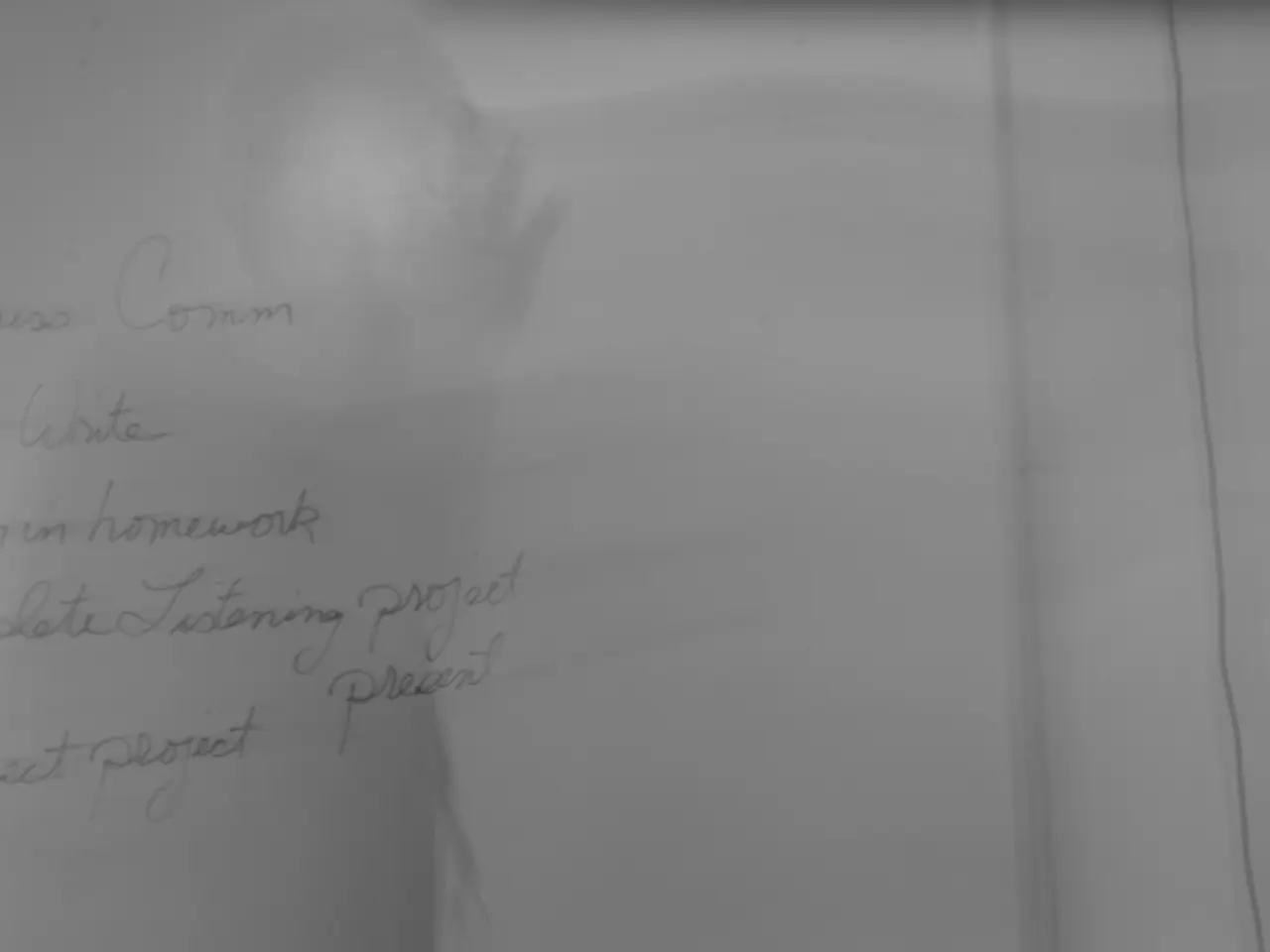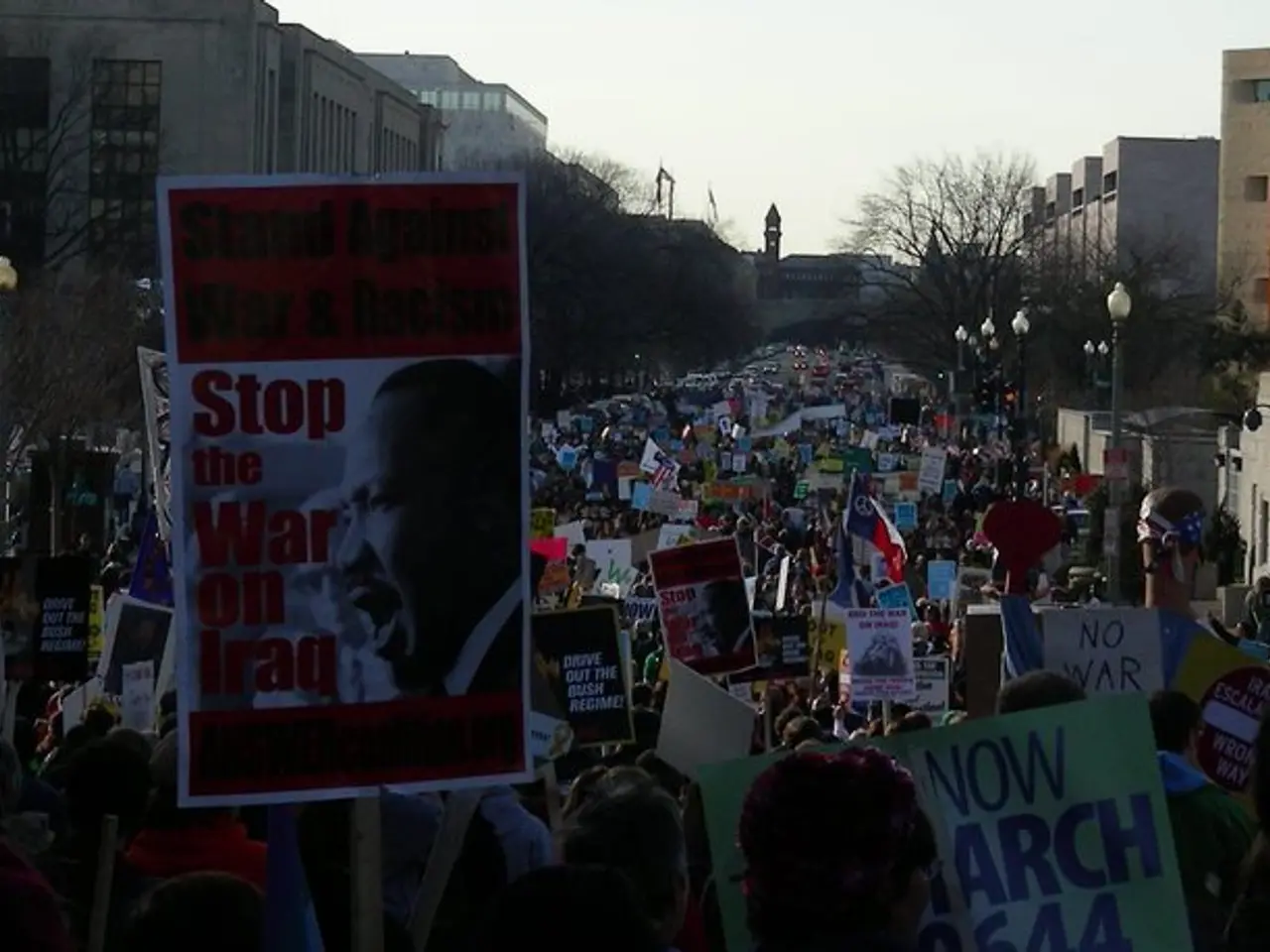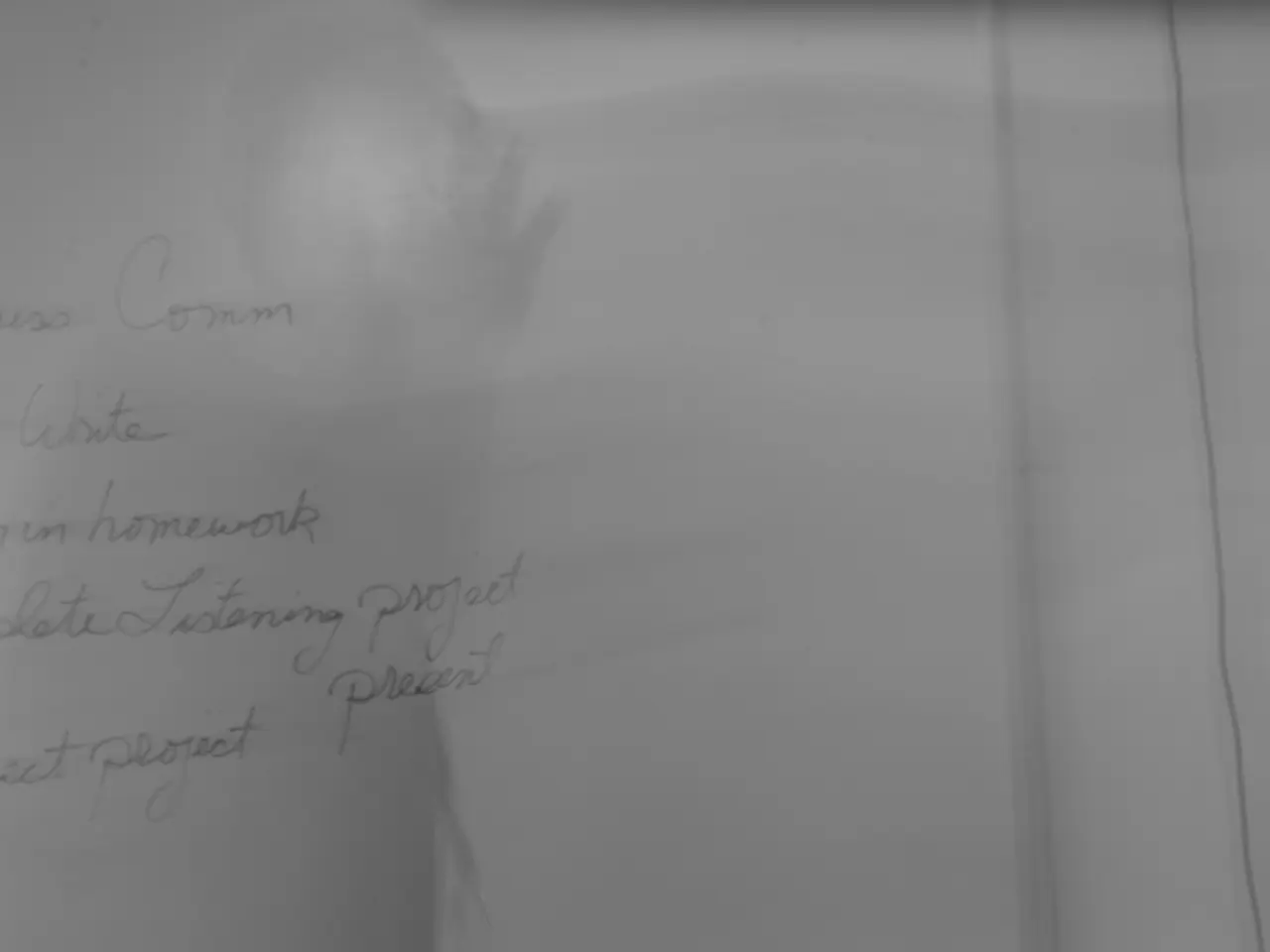World Leadership Proposes Universal Minimum Tax Plan
President Donald Trump's economic nationalism policy has set a new standard for U.S. import tariffs, with a baseline rate of around 10% for most countries, and higher rates for various trading partners. This marks the highest baseline U.S. import tariffs in nearly a century.
The policy, which has been ongoing since April 5, 2025, has led to a significant increase in consumer and business prices, as studies show that most tariff costs are passed on to them rather than being absorbed by foreign exporters. The tariffs have also disrupted global supply chains, prompted retaliatory tariffs from trade partners, and introduced volatility into international trade markets.
The European Union, for instance, has agreed to pay a 15% tax on products brought into the United States, and has also agreed to invest an additional $600 billion in the U.S., primarily in energy purchases.
Trump's tariff policy pressures trading partners to negotiate bilateral deals to avoid higher tariffs. Some countries, such as China, face effective tariff rates significantly higher than the 10% baseline on certain product categories.
Neil Dutta, head of economics at Renaissance Macro research group, compared Trump's deal announcements to winning an ill-advised competition. Dutta wrote that America is taking steps to rebalance its economy with these tariffs.
However, the policy has sparked controversy, with critics worrying about increased costs and economic disruption, while supporters argue it rebalances the economy in favor of American industry. The administration announced plans to raise the baseline tariff to 15-20% for countries that had not reached new trade agreements with the United States by August 1.
This shift towards economic nationalism represents a fundamental change from decades of trade liberalization, and could lead to prolonged trade conflicts and the restructuring of global trade norms. While the policy aims to reduce the U.S. trade deficit and promote domestic manufacturing, experts warn it may sideline the U.S. from global commerce by encouraging protectionism and economic isolation.
Negotiations with trading partners are ongoing as countries seek to mitigate these costly trade barriers. The tariff campaign, along with the administration's push for economic nationalism, signals a new era of economic policy with significant global and domestic implications.
References:
[1] The Washington Post. (2025). Trump Announces New Tariff Policy. [online] Available at: https://www.washingtonpost.com/business/trump-announces-new-tariff-policy/
[2] The New York Times. (2025). Trump's Tariff Policy: Implications and Controversy. [online] Available at: https://www.nytimes.com/2025/04/10/business/trump-tariff-policy-implications.html
[3] The Wall Street Journal. (2025). EU Agrees to Pay 15% Tax on U.S. Imports. [online] Available at: https://www.wsj.com/articles/eu-agrees-to-pay-15-tax-on-u-s-imports-11618405537
[4] The Financial Times. (2025). Global Supply Chains Disrupted by Trump's Tariffs. [online] Available at: https://www.ft.com/content/783f9a0e-a824-456a-b72a-442c3d72313f
[5] The Economist. (2025). Trump's Tariffs: A Shift Towards Economic Nationalism. [online] Available at: https://www.economist.com/business/2025/04/15/trumps-tariffs-a-shift-towards-economic-nationalism
- The economic nationalism policy, introduced by President Trump on April 5, 2025, and marked by a 10% baseline tariff rate for most countries, has instigated a wave of policy-and-legislation changes in the realm of politics, as seen with the European Union agreeing to pay a 15% tax on products brought into the United States.
- The ongoing tariff campaign, a part of Trump's economic nationalism policy, has disrupted general-news topics such as global supply chains and international trade markets, necessitating negotiations with trading partners to mitigate costly trade barriers, and signaling a new era of economic policy with significant global and domestic implications.







